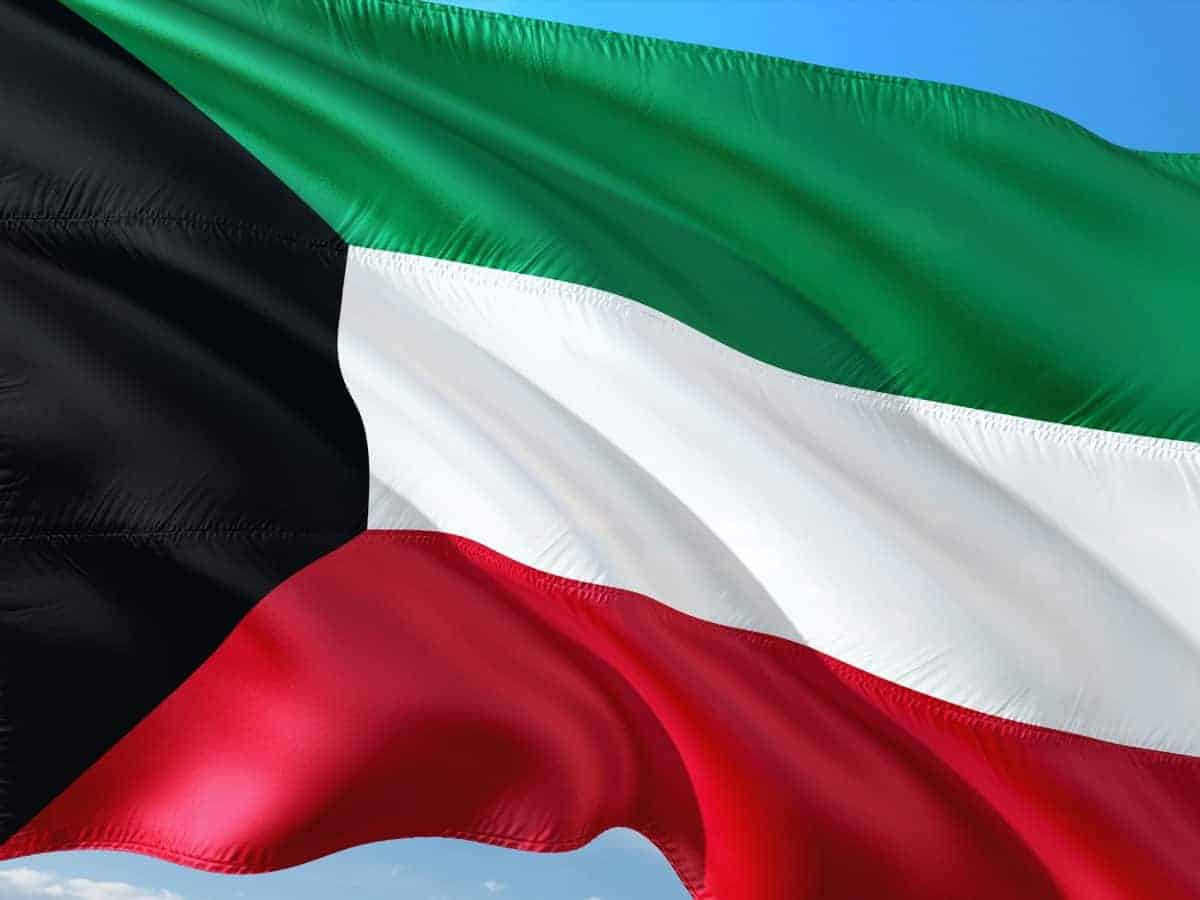New Delhi: Khan GS, who is a teacher by profession, has explained on his YouTube Channel ‘Khan GS Research Centre’, what is Kuwait’s Expatriates’ quota bill, how it would affect Indian economy, how many Indians will become redundant, and whether India can stop this bill. If not, how can it tackle this situation.
Population of Kuwaitis and expats in Kuwait
Kuwait is a very small oil-rich country with a population of 48 lakhs people, out of which 34 lakhs are expatriates, that means 70% of the Kuwaitis population comprises expatriates. Out of 34 lakhs of total expatriates, 15 lakhs are Indians who remit an amount of USD500 million per month to India.
How many Indians are expected to come back?
Recently, Kuwait has passed a bill according to which it is going to reduce the expats’ percentage from 70% to 30%. It has fixed 15% of Indians who are going to be redundant. According to the calculation, 7 lakh Indians can stay there and 8 lakh have to come back to India.
Indians’ lifestyle in Kuwait
Indians get a good salary in Kuwait and are living a life of higher status. Now they may lose their jobs and will have to return to India and start searching for jobs according to the status they had maintained in Kuwait.
Job status in India
Kumar says, there is already a huge shortage of jobs in India. The unemployment rate has reached to such an extent that India’s name will be added to the Guinness Book of World Records for its highest rate of unemployment. It is highly difficult for Indians to return and find a job of that level.
Can India force Kuwait to take back the bill?
Kumar further says that Indian government knows this problem very well but it cannot force the Kuwaiti government to take back this bill. Because no country has the authority to interfere in the internal matters of another country. He gives an example that no country can force India to take back or make the CAA or NRC. A country passes resolutions according to its need, therefore Kuwait has passed this bill according to its need.
Why Kuwait passed this bill?
Kumar says, Kuwait has huge reservoirs of oil. There are no taxes in Kuwait. The government provides its citizens necessities free of cost. Petrol was discovered in 1950 and they never felt the need to work since then. Kuwait is the fourth country in the world with the highest per capita income.
Kumar further added that the first reason to pass this bill was that due to the lockdown, the petrol consumption has reduced considerably all over the world as transportation has come to stand still.
Second reason is that technology has changed in the automobile industry; instead of petrol they are using battery operated automobiles. This is another reason that the demand of petrol is falling down.
This made the Kuwaitis to realise that the only source of their income is losing its importance. He gave an example that due to Corona, teachers who used to teach offline now have to teach online which requires a huge investment to develop Apps.
Therefore, when Kuwait’s income started to reduce, they have decided to send back expatriates. And with the money, which they would save, they want to spend it on their own people in developing their skills and provide them with jobs so that they do not depend on expatriates.
He further adds, the oil market is disturbed by Saudi Arabia since they lowered the petroleum prices on the instructions of the USA. The US wanted to weaken the Russian economy which is little stable because of petroleum exports. When Saudi Arabia reduced the oil prices, it affected the Russian economy and also other oil producing countries that also includes Kuwait.
What can India do?
Kumar is of the opinion that though it is a matter of great concern when 8 lakhs Indians come back to India, it is very difficult for the government to provide them with jobs. However, there is a solution; if India woo the industries which are in China. We can convince them that our labour is the most hardworking in the world. India should know what those industries expect from us. He further adds, if India is successful in tapping the industries in China, then we can use the skilled labour that is returning from Kuwait. This is how we can solve the problem. Otherwise, the returning labour has to remain jobless. Therefore, Kumar insists that government should form a department which should bring the industrialists from outside India and give them and the skilled labour, a healthy environment to flourish. He further adds, today Kuwait is reducing the expats population, tomorrow there may be some more countries like Saudi Arabia and UAE who will follow the suit. In all over the Middle East, there are 55 lakhs Indians who work there. He says, this lockdown is the right time to invite foreign industries and convince them that we have skilled labour who can work on reduced salary when compared to Europe and America. If our skilled labour was working for Rs. 50,000 per month in Kuwait, then they could work here at Rs. 30,000 as nobody would be happy to leave their country and work in a foreign country. Therefore, India must take initiative in this direction and it can waive the GST for one year as an attraction and can introduce some more schemes to attract the foreign industries. The future of our skilled labour returning from Kuwait should be protected because the future and prosperity of our country depend on the future and prosperity of our labour.


